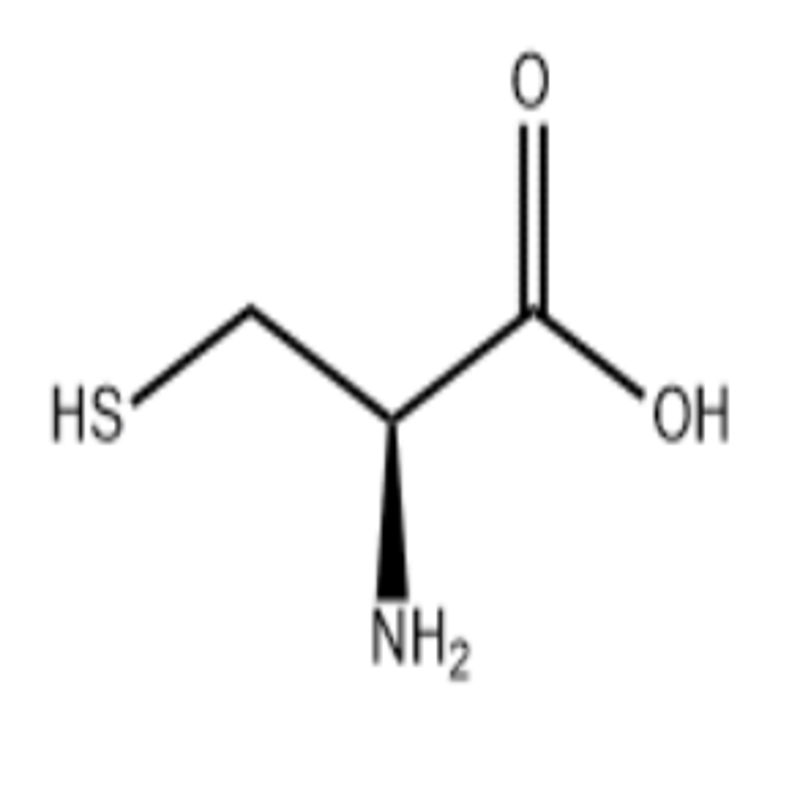-
Categories
-
Pharmaceutical Intermediates
-
Active Pharmaceutical Ingredients
-
Food Additives
- Industrial Coatings
- Agrochemicals
- Dyes and Pigments
- Surfactant
- Flavors and Fragrances
- Chemical Reagents
- Catalyst and Auxiliary
- Natural Products
- Inorganic Chemistry
-
Organic Chemistry
-
Biochemical Engineering
- Analytical Chemistry
- Cosmetic Ingredient
-
Pharmaceutical Intermediates
Promotion
ECHEMI Mall
Wholesale
Weekly Price
Exhibition
News
-
Trade Service
Recently, the crop virus prevention and control team of the Institute of Plant Protection has made important progress
in the mechanism of mediator insect transmission.
The team found that rice black stripe dwarf virus (RBSDV) inhibits the autophagy pathway in the mesosome by upregulating 3,5 diphosphate inositol [PtdIns(3,5)P2] in the body of the mesosome insect planthopper to evade autophagic degradation
。 The study was published in Autophagy on September 10, 2022 under the title "A plant virus hijacks phosphatidylinositol-3,5-bisphosphate to escape autophagic degradation in its insect vector Autophagy" (TOP journal of the Chinese Academy of Sciences, IF 13.
39) on
.
in the mechanism of mediator insect transmission.
The team found that rice black stripe dwarf virus (RBSDV) inhibits the autophagy pathway in the mesosome by upregulating 3,5 diphosphate inositol [PtdIns(3,5)P2] in the body of the mesosome insect planthopper to evade autophagic degradation
。 The study was published in Autophagy on September 10, 2022 under the title "A plant virus hijacks phosphatidylinositol-3,5-bisphosphate to escape autophagic degradation in its insect vector Autophagy" (TOP journal of the Chinese Academy of Sciences, IF 13.
39) on
.
More than 76% of plant viral diseases in nature are transmitted through mediator insects, and agricultural losses from plant virus diseases amount to US$
60 billion per year.
Gray planthoppers are important pests on rice, not only directly harming rice by stinging, but also spreading a variety of viral diseases such as rice black-striped dwarf disease, maize coarse shrinkage disease and rice striped leaf blight
.
Rice black-striped dwarf disease, which is transmitted by gray planthoppers, has been endemic in china for many times, causing serious harm
.
The efficient transmission of poisons by mediator insects is the root cause of disease outbreaks and epidemics
.
Therefore, it is of great significance to analyze the mechanism of insect-borne viral diseases for the control of viral diseases
.
60 billion per year.
Gray planthoppers are important pests on rice, not only directly harming rice by stinging, but also spreading a variety of viral diseases such as rice black-striped dwarf disease, maize coarse shrinkage disease and rice striped leaf blight
.
Rice black-striped dwarf disease, which is transmitted by gray planthoppers, has been endemic in china for many times, causing serious harm
.
The efficient transmission of poisons by mediator insects is the root cause of disease outbreaks and epidemics
.
Therefore, it is of great significance to analyze the mechanism of insect-borne viral diseases for the control of viral diseases
.
Autophagy is the process by which cells lower their own components and recycle them, and they also play an important role
in fighting pathogenic microbial infections.
Gray planthopper infection with RBSDV activates the autophagy pathway and protects against viral infection
.
However, the autophagy pathway does not inhibit the proliferation of RBSDV in planthoppers
.
Once infected with RBSDV, gray planthoppers can transmit poison for life, and the virus can proliferate in gray planthoppers
for a long time.
The mechanism by which RBSDV escapes autophagic degradation by planthoppers, and thus proliferation and propagation through mediator insects, is unclear
.
in fighting pathogenic microbial infections.
Gray planthopper infection with RBSDV activates the autophagy pathway and protects against viral infection
.
However, the autophagy pathway does not inhibit the proliferation of RBSDV in planthoppers
.
Once infected with RBSDV, gray planthoppers can transmit poison for life, and the virus can proliferate in gray planthoppers
for a long time.
The mechanism by which RBSDV escapes autophagic degradation by planthoppers, and thus proliferation and propagation through mediator insects, is unclear
.
PtdIns(3,5)P2 is the least abundant in visositol in cells, and has a variety of functions in the process of regulating endosome morphology, cell transport, endosome acidification, etc.
, but its function in virus-host interaction has been rarely reported
.
In this study, the researchers found that: (1) RBSDV and its encoded shell protein P10 bind and upregulate PdIns(3,5)P2 in planthoppers to promote the proliferation of the virus in planthoppers
.
(2) PtdIns(3, 5)P2 inhibits autophagic degradation by inhibiting the fusion of autophagosomes and lysosomes, promoting viral proliferation
.
(3) PtdIns(3,5)P2 inhibits the fusion
of autophagosomes and lysosomals by downstream effector protein TRPML.
The study revealed the mechanism
by which RBSDV activates TRPML by upregulating PdIns (3,5) P2 levels in gray planthoppers to inhibit the fusion of autophagosomes and lysosomes, thereby escaping autophagic degradation and promoting virus proliferation in planthoppers.
, but its function in virus-host interaction has been rarely reported
.
In this study, the researchers found that: (1) RBSDV and its encoded shell protein P10 bind and upregulate PdIns(3,5)P2 in planthoppers to promote the proliferation of the virus in planthoppers
.
(2) PtdIns(3, 5)P2 inhibits autophagic degradation by inhibiting the fusion of autophagosomes and lysosomes, promoting viral proliferation
.
(3) PtdIns(3,5)P2 inhibits the fusion
of autophagosomes and lysosomals by downstream effector protein TRPML.
The study revealed the mechanism
by which RBSDV activates TRPML by upregulating PdIns (3,5) P2 levels in gray planthoppers to inhibit the fusion of autophagosomes and lysosomes, thereby escaping autophagic degradation and promoting virus proliferation in planthoppers.
This study reveals for the first time the mechanism by which viruses can escape host autophagy degradation by regulating phospholipid molecules, opening up new perspectives for the study of the function of lipids in the interaction between viruses and mediator insects.
The important role of PndIns(3,5)P2 in regulating viruses in planthoppers was elucidated, revealing that PdIns(3,5)P2 can be used as a drug target to inhibit viral proliferation
within mediator insects.
The important role of PndIns(3,5)P2 in regulating viruses in planthoppers was elucidated, revealing that PdIns(3,5)P2 can be used as a drug target to inhibit viral proliferation
within mediator insects.
Institute of Plant Protection, Jiangsu Academy of Agricultural Sciences, as the first signature of the paper; Dr.
Haitao Wang, Postdoctoral Fellow Zhang Jianhua (currently working at Shandong Academy of Agricultural Sciences), Dr.
Haoqiu Liu, jointly trained by Jiangsu Academy of Agricultural Sciences and National University of Singapore, are the co-first authors of this paper; Professor Xu Qiufang and Professor Xu Kai of Nanjing Normal University are the corresponding authors of this paper; Man Wang, Dr Yan Dong, Research Fellow Yijun Zhou and Professor Sek-Man Wong of the National University of Singapore are the paper collaborators
.
This research work was funded by the National Natural Science Foundation of China, the Natural Science Foundation of Jiangsu Province and the Jiangsu Provincial Double Innovation Program
.
Haitao Wang, Postdoctoral Fellow Zhang Jianhua (currently working at Shandong Academy of Agricultural Sciences), Dr.
Haoqiu Liu, jointly trained by Jiangsu Academy of Agricultural Sciences and National University of Singapore, are the co-first authors of this paper; Professor Xu Qiufang and Professor Xu Kai of Nanjing Normal University are the corresponding authors of this paper; Man Wang, Dr Yan Dong, Research Fellow Yijun Zhou and Professor Sek-Man Wong of the National University of Singapore are the paper collaborators
.
This research work was funded by the National Natural Science Foundation of China, the Natural Science Foundation of Jiangsu Province and the Jiangsu Provincial Double Innovation Program
.
Original link: https://doi.
org/10.
1080/15548627.
2022.
2116676
org/10.
1080/15548627.
2022.
2116676







